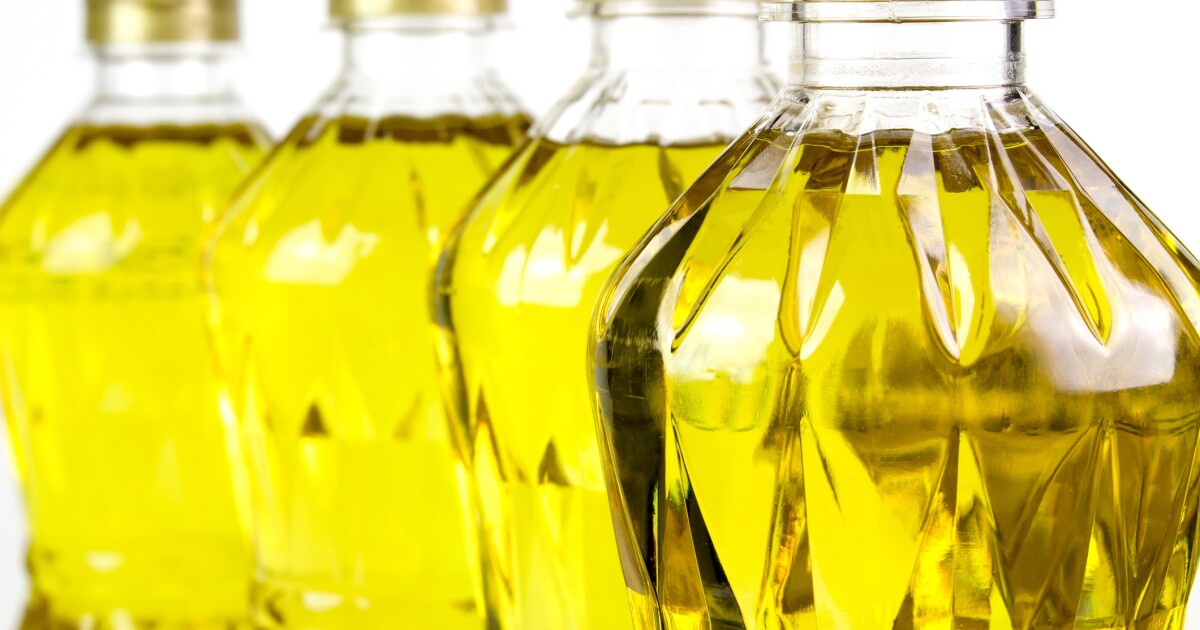Seed Oils: Are They Really Harmful? Unpacking the Science and Controversy

The debate around seed oils – like canola, soybean, and sunflower oil – has intensified, largely fueled by claims that they are detrimental to health. Robert F. Kennedy Jr. has famously stated they are 'poisoning Americans,' a claim that has sparked considerable discussion and, for many, concern. But is there scientific validity to these assertions? This article dives deep into the science behind the controversy, separating fact from fiction and providing a balanced view on the role of seed oils in a healthy diet.
What are Seed Oils and Why are They So Common?
Seed oils are vegetable oils extracted from seeds, rather than fruits or nuts. Their popularity stems from their affordability, high smoke points (making them suitable for high-heat cooking), and neutral flavour profiles. They’ve become a staple in processed foods, restaurant cooking, and home kitchens alike, largely replacing traditional fats like butter and lard.
The Controversy: What are the Claims?
The core of the controversy lies in the processing of these oils. Most seed oils undergo a process called industrial refining, which often involves high heat, solvents (like hexane), and deodorization. Critics argue that this process creates harmful compounds, including trans fats and oxidized lipids, which can contribute to inflammation and chronic diseases.
Specific concerns often raised include:
- Oxidation & Lipid Peroxidation: Oils high in polyunsaturated fats (PUFAs), which many seed oils are, are prone to oxidation when exposed to heat, light, and air. This oxidation can create free radicals and lipid peroxides, potentially damaging cells.
- Trans Fats: While largely eliminated from the food supply due to regulations, some processing methods can still create small amounts of trans fats in seed oils.
- Linoleic Acid Ratio: Some proponents of alternative health perspectives suggest an imbalance in the ratio of omega-6 to omega-3 fatty acids, which is often increased by high seed oil consumption, can contribute to inflammation.
What Does the Science Actually Say?
The scientific evidence is complex and often contradictory. While some studies have linked high consumption of processed vegetable oils to negative health outcomes, others have found no significant harm. Here's a breakdown:
- Heart Health: Historically, seed oils were promoted as healthier alternatives to saturated fats for heart health. However, more recent research suggests a more nuanced picture. While replacing saturated fats with unsaturated fats *can* improve cholesterol levels, the type of unsaturated fat matters.
- Inflammation: As mentioned, the omega-6 to omega-3 ratio is a key concern. While an imbalance *can* be pro-inflammatory, simply reducing omega-6 intake without increasing omega-3 intake may not be beneficial.
- Oxidation: While oxidation is a real concern, the extent to which it occurs during normal cooking and digestion is debated. Using appropriate cooking methods (lower heat, shorter cooking times) can minimize oxidation.
The Bottom Line: Moderation and Awareness are Key
The current scientific consensus doesn't definitively condemn all seed oils. However, it does highlight the importance of being mindful of your intake and choosing oils wisely. Consider these points:
- Prioritize Whole Foods: Focus on a diet rich in whole, unprocessed foods.
- Choose Less Processed Oils: Opt for cold-pressed or expeller-pressed oils, which undergo less processing.
- Vary Your Fat Sources: Don't rely solely on seed oils. Incorporate other healthy fats like olive oil, avocado, nuts, and seeds.
- Be Aware of Cooking Methods: Use lower heat and shorter cooking times when using seed oils.






